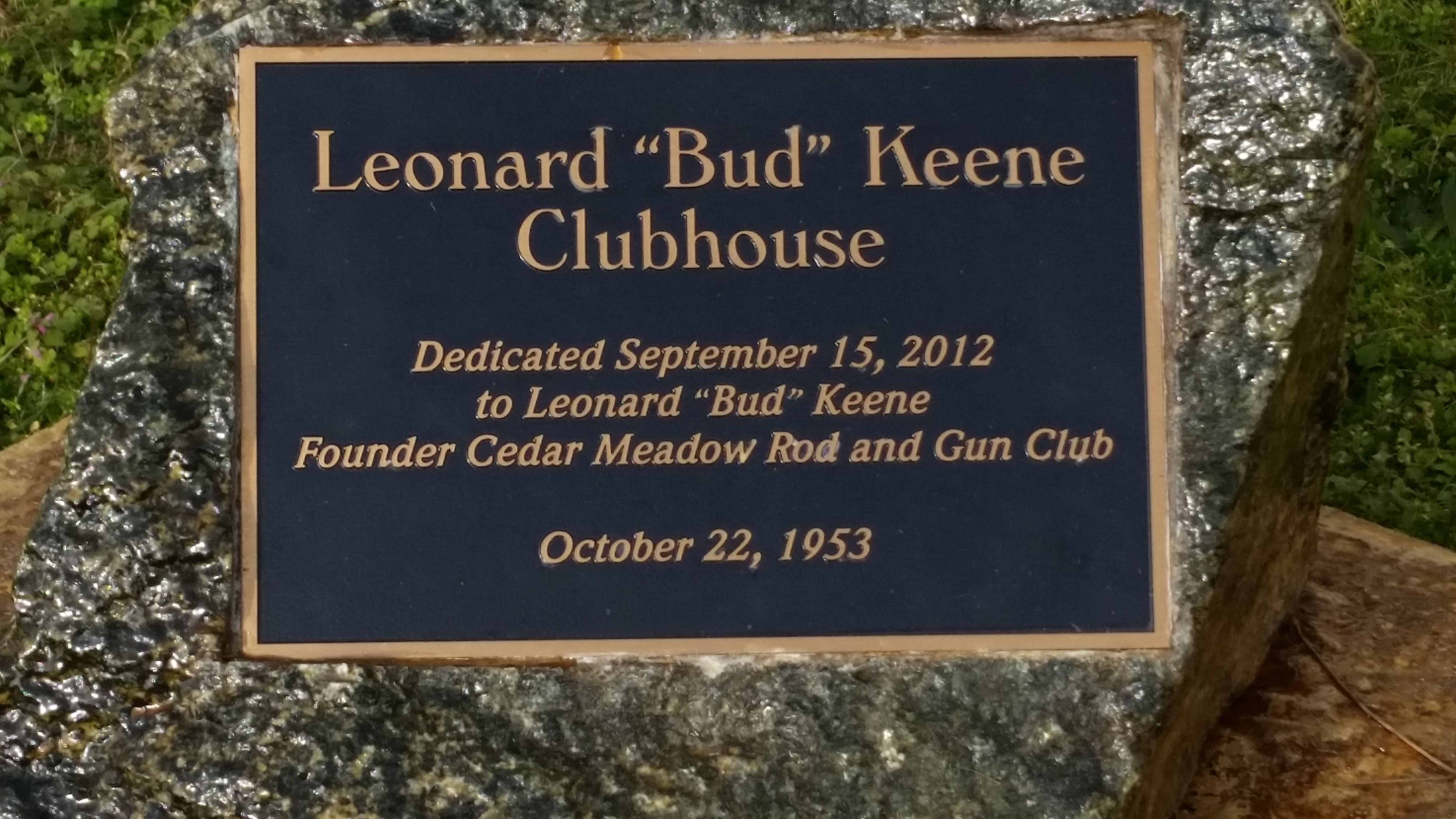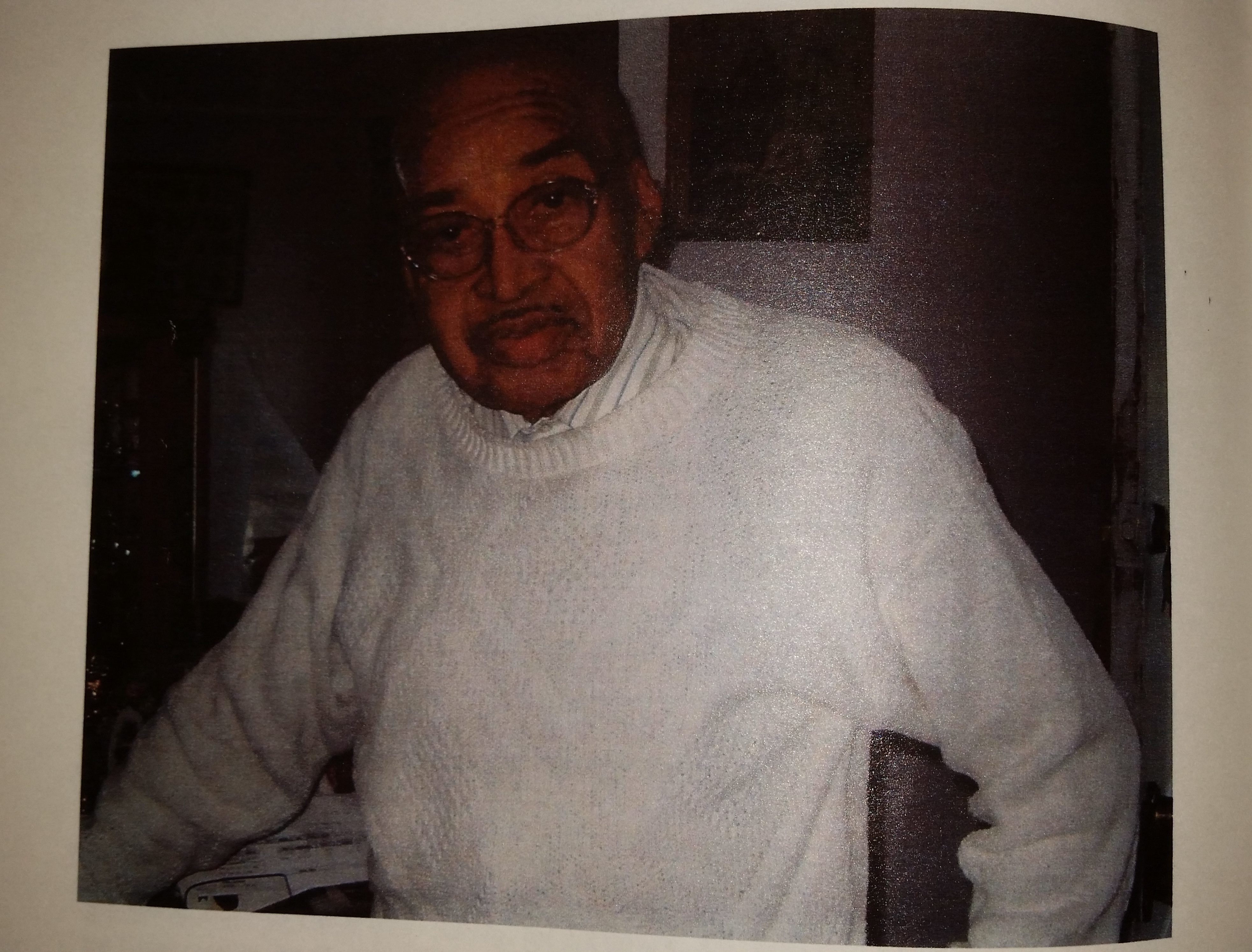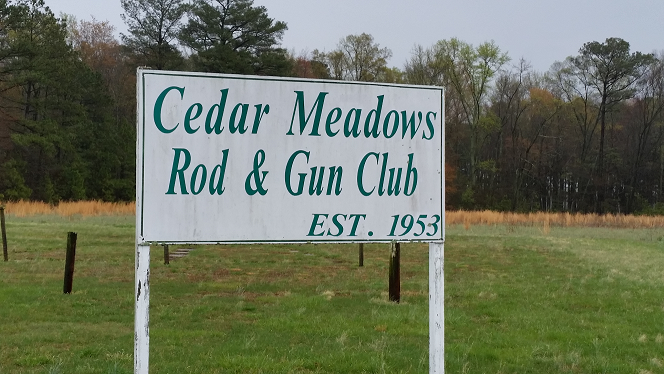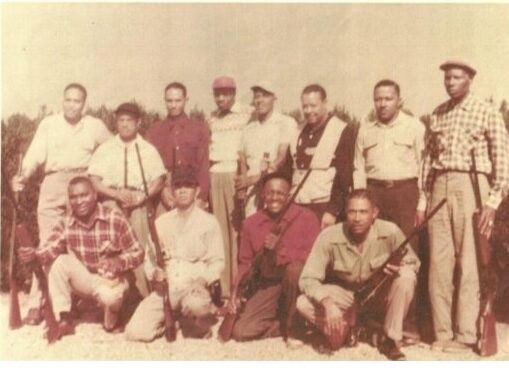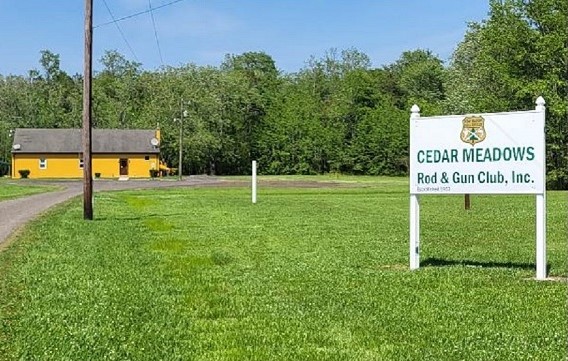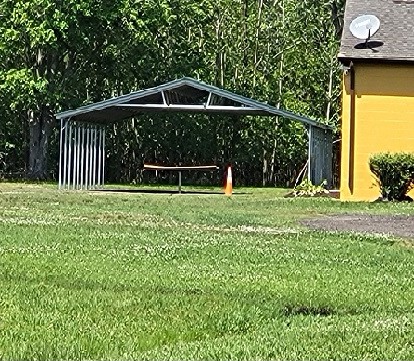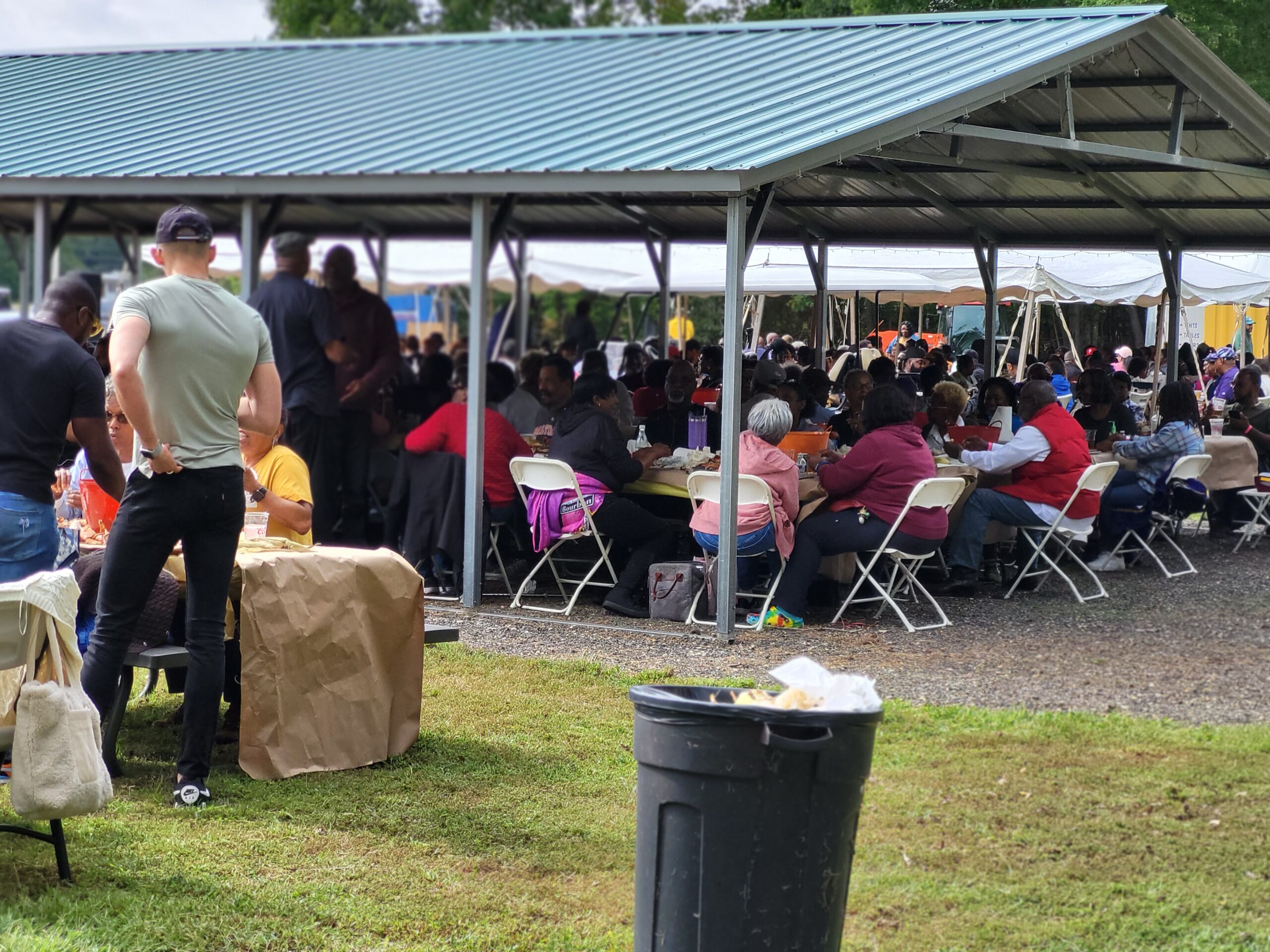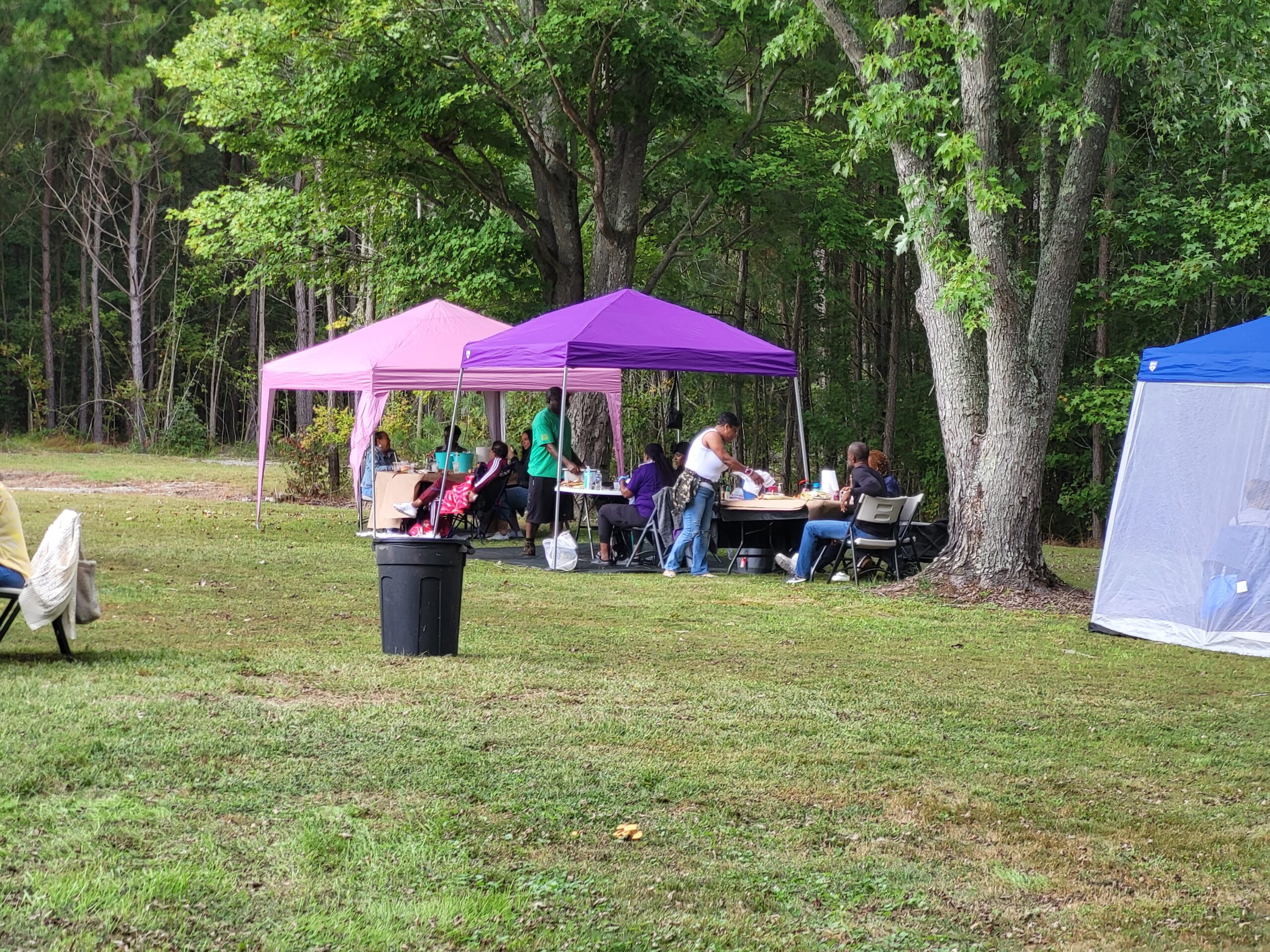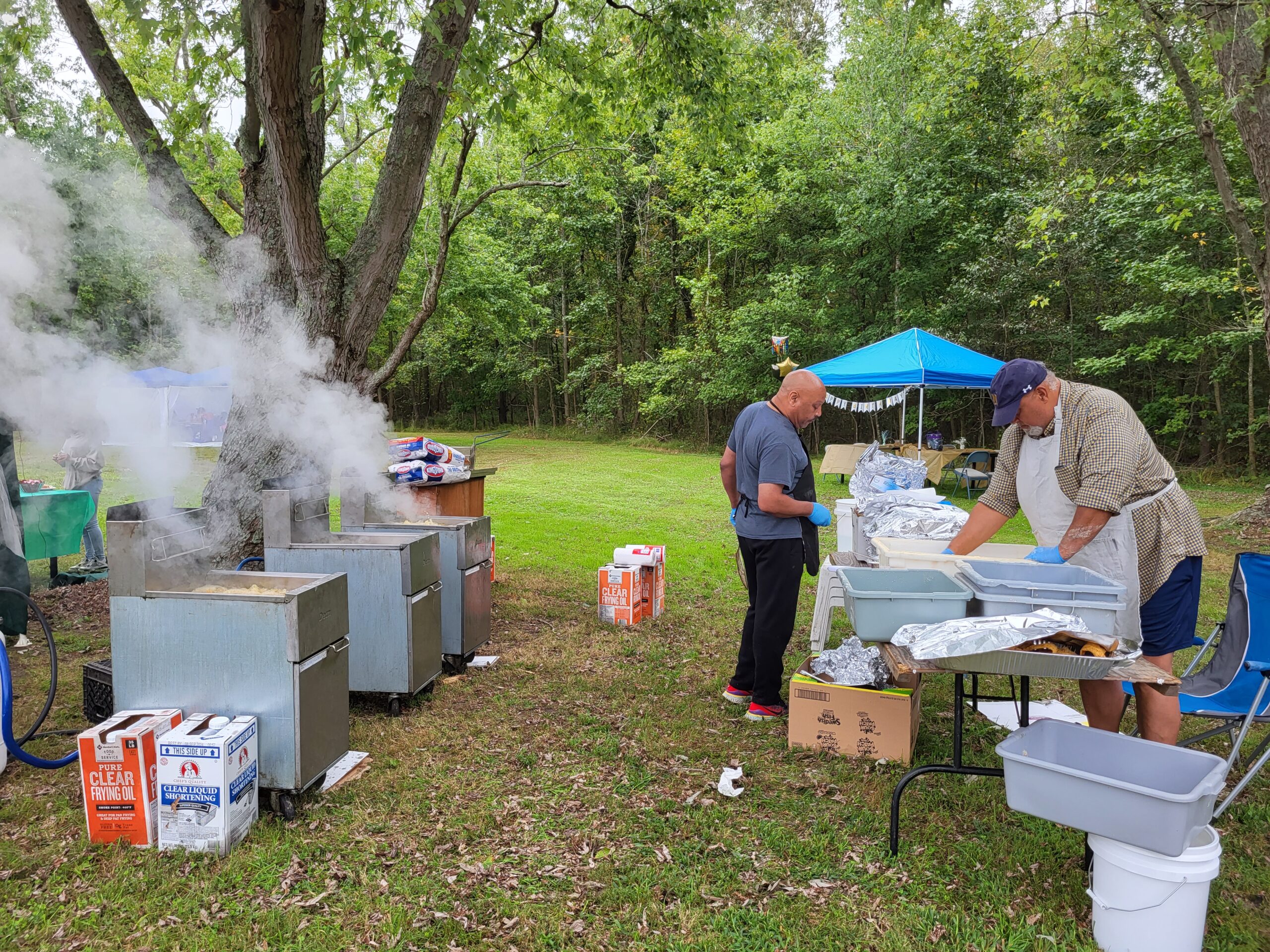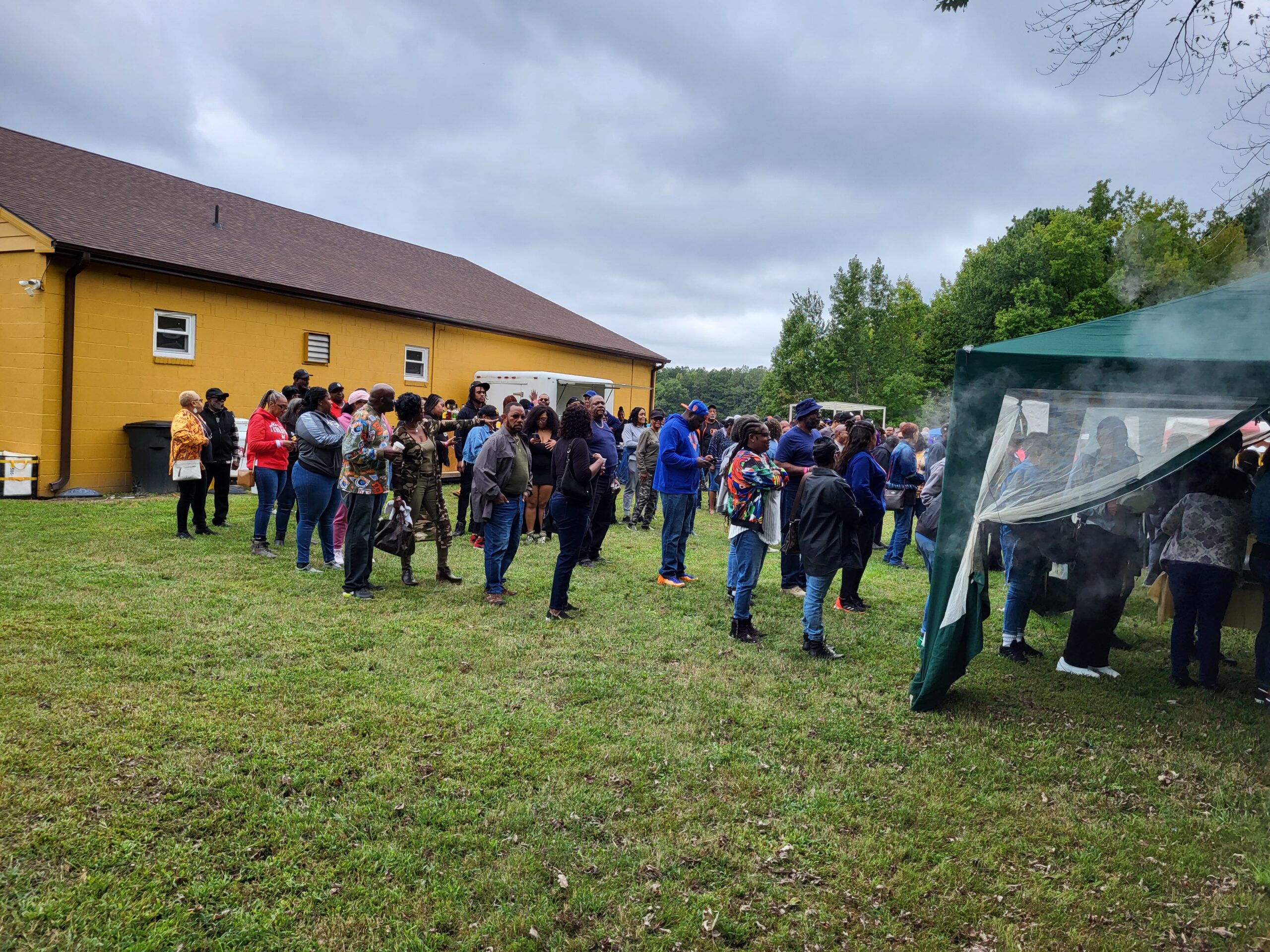-
*** Come one, come all ***
It's our annual Cedar Meadows Rod & Gun Club Wildlife Dinner Event
WHEN: Saturday, February 28, 2025
TIME: 1:00 to 4:00 P. M.
WHERE: CMRGC Clubhouse
*** Please click here to view our flyer for more information ***
-
*** Join us for good fun and great music ***
It's our annual Cedar Meadows Rod & Gun Club 'Music In The Woods' Event
WHEN: Saturday, May 16, 2025
TIME: 3:00 to 7:00 P. M.
WHERE: The Ground of the CMRGC Clubhouse
*** Please click here to view our flyer for more information ***
-
The Harriet Tubman Museum & Education Center was started in the 1980s – and is still run by – dedicated local volunteers who want to share Harriet Tubman’s story and preserve her legacy.
** NOTE: This museum is different from the Harriet Tubman Underground Railroad Visitor Center, which opened in 2017 in Church Creek, Maryland, about a 20-minute drive from downtown Cambridge.
-
Travel back in time in Dorchester County Maryland this February to meet the pioneers, patriots and freedom fighters who changed the course of history. Renowned as the birthplace of Underground Railroad conductor Harriet Tubman, and home of civil rights icon Gloria Richardson, Dorchester’s cultural tapestry has been inspired by generations of African-American leaders, enslaved people and citizens from every walk of life.
-
Tuskegee University, the historically Black educational institution in Atlanta has announced a groundbreaking partnership with Intel Corporation, a global technology leader, to bolster education in semiconductor manufacturing technologies. The collaboration aims to equip the next generation of engineering graduates with the knowledge and skills needed to excel in this critical industry.
-
Nestled within the quaint Baltimore City residential community of Madison Park at 1320 Eutaw Place stands the Lillie Carroll Jackson Civil Rights Museum—the second of Morgan State University’s two university-owned and operated museums. Noted for being the former home of a civil rights icon, the living museum stands as a testament to the courageous efforts of Lillie Carroll Jackson, a trailblazing civil rights leader and educator, who dedicated her life to advocating for racial equality, social justice, and civil rights advancements. As part of an effort to preserve this beacon of historical significance and education, the Lillie Carroll Jackson Civil Rights Museum has been officially added to the prestigious National Register of Historic Places. This esteemed recognition highlights the museum's important historical and cultural contributions to the civil rights movement and its enduring impact on American society.
-
Delaware State University students take flight in first HBCU helicopter flight program
DSU is the first HBCU to have a helicopter flight training program. Jan Carabeo introduces you to the people behind the university's aviation program.
FEB 1, 2024
-
The Howard University College of Medicine has received $12 million in grant funding from author and philanthropist MacKenzie Scott, whose grant giving this year has reached 360 organizations nationwide, according to The Dig. Since the gift is unrestricted, Howard and the College of Medicine can determine how to use the donation money best.
In collaboration with the College of Engineering and Architecture, the College of Medicine will use the donation to establish an innovation center. In this facility, medical and engineering students will be able to learn about medical technology and develop new devices to improve patient care.
-
A Bowie State University history professor doesn’t want Maryland’s history to be forgotten. Associate professor Dr. Karen Cook-Bell will use a $150,000 grant from the Mellon Foundation to support micro-history projects focused on documenting the lived experiences of the African American community of Tolson’s Chapel, located in Sharpsburg, MD. The project is sponsored by Bowie State’s Dubois Center for the Study of the Black Experience.
Sharpsburg was the site of the Battle of Antietam, which is credited as the Civil War’s deadliest one-day battle. In 1866, a chapel was constructed on land donated by an African American couple which would go on to serve as one the earliest schools for former slaves.
-
Alabama State University‘s Biomedical Engineering Department has been awarded a $1.2 million grant to student kidney tissue regeneration by the National Science Foundation (NSF).
The department will study how to incorporate artificial intelligence in the design of 3-dimensional scaffolds for renal tissue regeneration.
“This research addresses a very critical issue in the United States. Many of us know someone who suffers from this disease, and we need creative approaches to address it,” said Principal Investigator Dr. Derrick Dean, professor and director of Biomedical Engineering. “We also appreciate support from Dr. (Quinton) Ross, which was instrumental in helping to secure the funding.”
-

Begin an exciting career with a Pharmacy degree from the University of Maryland Eastern Shore
Prepare to become an exceptional pharmacist at one of the nation’s leading HBCU pharmacy schools.
The University of Maryland Eastern Shore offers two Pharmacy programs: the Pharmaceutical Sciences Graduate Program (PSGP) and the three-year Doctor of Pharmacy (PharmD) program. Both tracks lead to exciting and lucrative careers.
The PSGP is a research-oriented degree program that offers multidisciplinary training in the areas of Drug Design and Discovery (DDD) and Drug Delivery and Clinical Pharmacology (DDCP). Students who fulfill the academic criteria of coursework and original research culminating in a thesis or dissertation will earn the Master of Science (M.S.) or Doctor of Philosophy (Ph.D.) degree, respectively.
In our Doctor of Pharmacy program, you can move from student pharmacist to PharmD in just three years! We offer the only three-year Doctor of Pharmacy degree program in Maryland, which means you can save time and money while earning your degree.
-
The U.S. Department of Education has awarded historically Black Hampton University a $4.9M grant to establish an interdisciplinary climate science degree program.
The grants are being provided under the Research and Development Infrastructure (RDI) program and the Postsecondary Student Success Grant (PSSG) program. The RDI program provides funds to HBCUs, TCCUs, and MSIs to transform their research infrastructure, including strengthening research productivity, faculty expertise, physical infrastructure, and partnerships leading to increases in external funding.
-
North Carolina A&T State University is officially the largest HBCU in the nation for the 10th year. According to the institution’s website, it has enrolled 13,883 students — 400 more admitted than the previous year.
The HBCU tied with Claflin University for the No. 9 position for the top HBCU list on the 2022-2023 U.S. News & World Report.
According to North Carolina A&T, the school has made a $2.6 billion impact on the state of North Carolina based on a study by Willie A. Deese College of Business & Economics professors Drs. Cephas Naanwaab and Alfredo Romero.
-
Morgan State University has been making headlines nationwide for the past few weeks.
While not every report has shown MSU in all its glory, this new study shows that Morgan State is indeed a place of Black excellence located in our City.
A new study recently released by WalletHub ranks Morgan State among the top 10 colleges in the State of Maryland. In fact, MSU is the only HBCU in the state to make the list!
-
In a move that is sure to shake up the cognac industry, Uncle Nearest, the most-awarded Bourbon and American Whiskey company of 2019, 2020, 2021 and 2022, has acquired Domaine Saint Martin, a 100-acre estate in Cognac, France, with 50 acres of vineyards dedicated to the Grande Champagne appellation. This acquisition makes Uncle Nearest the largest Grande Champagne vineyard owner in the city of Cognac.
“The Uncle Nearest brand thrives on its profound story of love, honor, respect, and heritage. Our mission in Cognac echoes this essence,” remarked Fawn Weaver, Uncle Nearest Founder and CEO.
-
The number of Black students enrolling in higher education has been historically lower than their counterparts. Recent research has shown that enrollment rates have increased from 17.9% in 2010 to 22.6% in 2023; however, according to The Census American Community Survey, the number still falls short of the national average recorded at 32.9%.
Kamirria is on a mission to flip those statistics through her purpose-driven fashion brand. In 2020, she started Black & Scholared as a passion to build an HBCU legacy for her daughters. The company has magnified its mission three years later, offering collections of officially licensed HBCU collegiate apparel designed to celebrate and encourage higher education within the Black community. Items in the collections range from sweatshirts, t-shirts, and hoodies to totes, hats, and alumni lapel pins.
-
PRINCESS ANNE, MD | January 18, 2024 — A new School of Veterinary Medicine at the University of Maryland Eastern Shore will be the first of its kind in Maryland and among the nation’s public historically Black colleges and universities. The school, slated to accept students in fall 2026, received approval mid-December by the University System of Maryland Board of Regents.
“Our new veterinary medicine school will help UMES fill an unmet need on the Eastern Shore and throughout the state,” said UMES President Dr. Heidi M. Anderson.
-
Eastside Golf, a lifestyle golf brand founded in 2019 by African American entrepreneurs Olajuwon Ajanaku and Earl Coope (both HBCU graduates of Morehouse College in Atlanta), has hit a big milestone as they recently secured $3.4 million in funding. The funding aims to help grow their brand and change people's perspective on golf.
Since its launch, Eastside Golf has achieved outstanding success, with a 600% growth in the last two years. From only 2 employees and $100,000 in revenue in their first year, they now have a team of 16 people and have earned over $4 million by 2023, according to Shoppe Black.
|
